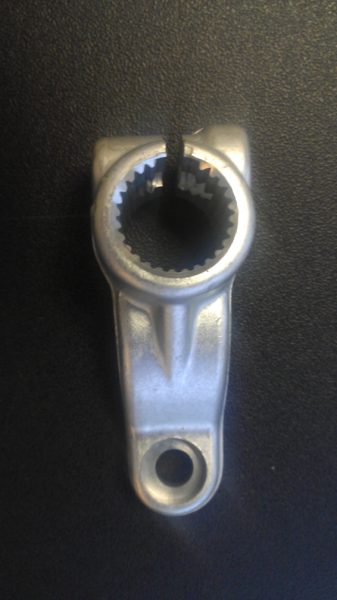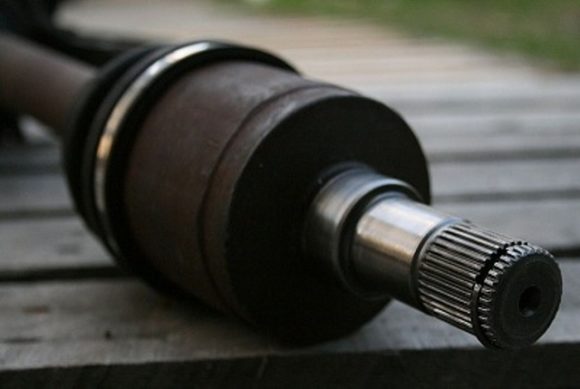 Dear Shop Doc,
Dear Shop Doc,
“I’ve designed a custom motorcycle part I’d like to start manufacturing. The part requires a spline that I think can be formed using a rotary broach tool. However, I don’t have drawing of the spline. Can I have the rotary broach manufacturer reverse engineer the spline teeth and make the broach?” – Custom Cycle
Dear Custom Cycle,
It sounds like you want to copy the tooth configuration from an existing part. There are some rotary broach makers that have engineering capacity for reverse engineering a spline, involute spline, serration, lobular, or other polygon form that may be suitable for rotary broaching.
Here are some considerations for your situation:
The minimal information needed to make a spline broach is the number of teeth, major diameter, minor diameter, width of tooth, and angle of tooth. (An involute spline is more complex.) While you evidently have a sample part which may be reverse engineered for these dimensions, you don’t have other specifications, including tolerances, which would be found on the drawing of the spline. Unless the spline matches a standard with published tolerances, an engineer will not know if the sample part is made to the high limit, low limit, or out of tolerance for each of these dimensions. Therefore, it’s your responsibility to determine if the spline sample you provide is acceptable for its intended use. Does it fit the mating part properly? Is it too loose or too tight? Does it fit to the major or minor diameters or do they have clearance?
Also consider the condition of the sample part you provide. If the teeth are mutilated due to poor machining or rough handling, it will be difficult to obtain meaningful dimensions. If the sample is provided as part of an assembly or if the sample is long or for some other reason difficult to handle for inspection, it’s going to take more time to inspect and may compromise the integrity of the dimensions obtained. It’s best to speak with the engineer to determine if your sample is suitable.
An engineer capable of reverse engineering these forms is usually a valuable and expensive employee with many responsibilities. Expect that the cost for this service will ultimately be born by you either in the price of the broaches you purchase or in an up front charge for the service. The condition of the sample you provide (as stated in the previous point) will affect the cost of the engineering. I don’t know of a rotary broach company that sells this as a “stand alone” service. They only provide this service for their rotary broach customers.
Jim Cox, Manufacturing Engineer at Polygon Solutions Inc.

